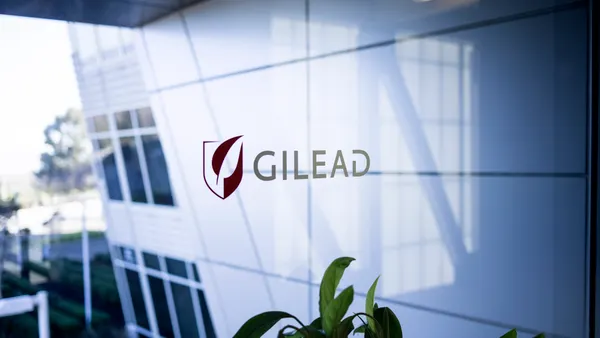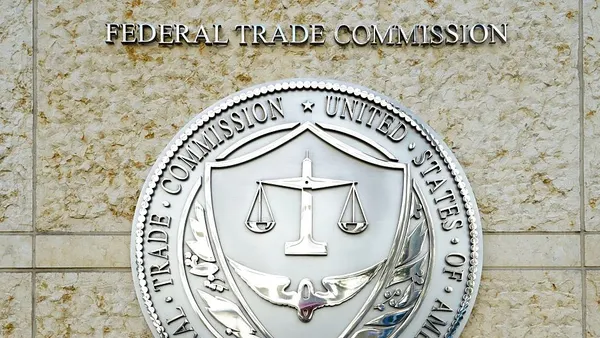Dive Brief:
- The Institute for Clinical and Economic Review (ICER) has released a draft evidence report assessing the effectiveness and value of calcitonin gene-related peptide (CGRP) inhibitors in the prevention of migraine. The report included the budget impact of Amgen Inc. and Novartis AG's Aimovig compared to no treatment or to that of Allergan plc's Botox.
- According to ICER, the budget impact of Aimovig compared with no preventive treatment would add $6,000 in costs per patient, meaning that only 16% of the eligible migraine population could be treated.
- The draft report is based on discussions with patient groups, manufacturers and clinical experts, as well as public comments. The draft is open to public comment until May 8.
Dive Insight:
ICER has an aim to provide objective evaluations of the clinical and economic value of drugs. This current report has looked at the use of CGRP inhibitors as preventive treatments for patients with episodic or chronic migraine.
The organization analyzed evidence, along with input from stakeholders, and concluded that Novartis and Amgen's yet-to-be-approved Aimovig (erenumab) could only be used in a limited portion of the larger migraine population before hitting the ICER potential budget impact threshold (the amount at which a new drug will increase health costs at a rate higher than overall economic growth).
The draft evidence report follows a draft scoping document, to which Amgen released a response. The company's recommendations include assessing erenumab in treatment-experienced patients only, incorporating responder rates and using different modeling techniques to better reflect the complexity of migraine burden and treatment.
"ICER's healthcare system perspective should not just reflect the payer perspective but be inclusive of all those who are incurring costs due to migraine, most notably the patient and employer," Amgen said in the response.
Migraine affects around one-fifth of women and up to one-tenth of men across the U.S., and is most common in adults up to 44 years of age. The migraine market is also fast growing, climbing at a compound annual growth rate of over 10% to a predicted $8.7 billion by 2026, according to GlobalData.
ICER's assessment aren't always met with delight from stakeholders. For example, ICER last year published a revised report about the value of PCSK9 inhibitors, continuing the battle between the group and the industry.
More recently, the Institute for Patient Access, a research organization backed by pharmaceutical companies, released a paper dubbed "The ICER Myth," which argued that "'value-based price is a fallacy, and a dangerous one." The paper also suggested insurance plans use ICER's prices to put in place policies that restrict patient access to drugs.














